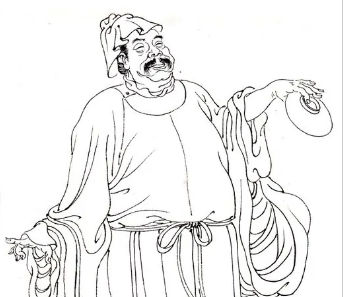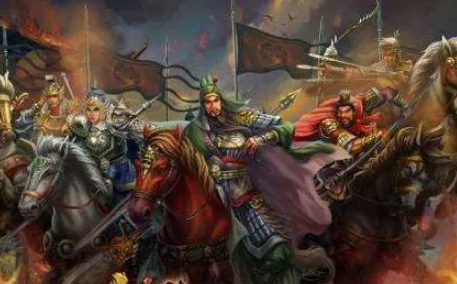In ancient times, exile to Ningguta was a very severe punishment, which was usually used to punish those who committed serious crimes such as traitors and adulterers.

What is the specific process of exile to Ningguta? First, the criminal would be sentenced to exile to Ningguta and then sent to this place. In Ningguta, the criminal would need to live in a cramped and dirty cell with other prisoners, lacking basic living conditions.
Apart from the cell, the criminal also had to perform hard labor such as coal mining and wood cutting. These tasks not only caused physical exhaustion but also led to various diseases. At the same time, they lost their freedom and dignity, becoming marginalized in society.
Exile to Ningguta was an extremely cruel punishment for the criminal. In such an environment, it was easy for them to fall ill and difficult to obtain proper treatment. They also faced bullying and violence from other prisoners.
However, exile to Ningguta also had some positive effects. For example, it could help the criminal realize their mistakes and correct their behavior. In addition, it could also maintain social order and stability, preventing the criminal from committing crimes again.
In conclusion, exile to Ningguta was a very severe punishment used to punish those who committed serious crimes. Although this punishment was cruel, it also had some positive effects, protecting the safety and stability of society.
Disclaimer: The above content is sourced from the internet and the copyright belongs to the original author. If there is any infringement of your original copyright, please inform us and we will delete the relevant content as soon as possible.
































